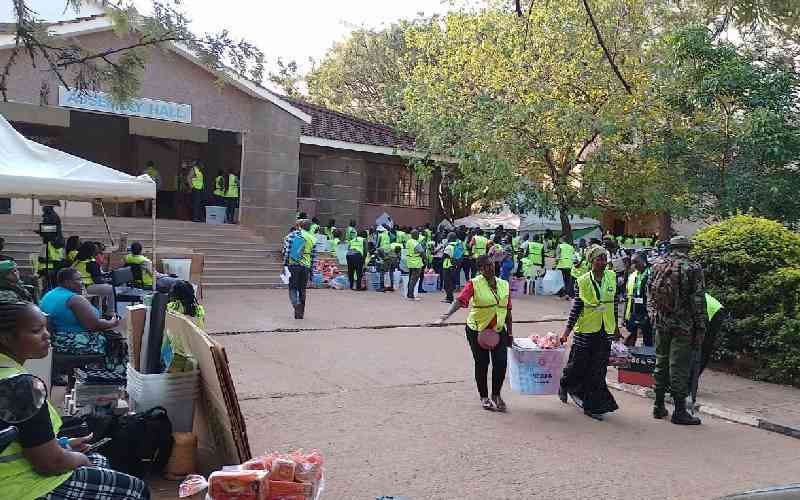×
The Standard e-Paper
Smart Minds Choose Us

In a few minutes today, you will queue to vote and, hopefully, your choices will win all the six elective posts.
In the next one week, we shall be mesmerised as we get a new president and other representatives: some incumbents might have their term extended by voters.